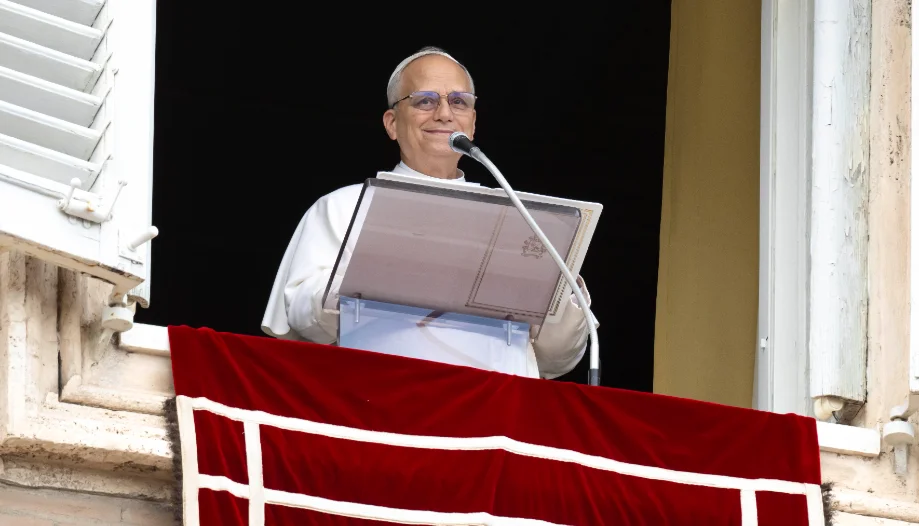"Sell your possessions and give them as alms," the Pontiff quoted, recalling that the gifts received from God "are not to be kept for ourselves," but to be used "generously for the benefit of others, especially those most in need."
Leo XIV stressed that this generosity is not limited to the material: it involves offering skills, time, affection, presence and empathy. "Each of us is a unique, priceless asset, a living capital which, in order to grow, needs to be cultivated and employed," he warned, warning against the risk that these gifts "dry up and become devalued" or are appropriated by others "as mere objects of consumption."
He recalled that Jesus pronounced these words on his way to Jerusalem, where he would give himself on the cross, and pointed out that "the works of mercy are the safest and most profitable bank" to entrust the treasure of life. Quoting St. Augustine, he assured that what is given "is transformed into eternal life" because "you will transform yourself".
To love always
To illustrate this, the Pope resorted to everyday examples: "A mother who embraces her children, is she not the most beautiful and richest person in the world? Two engaged couples together, don't they feel like a king and a queen?".
With a concrete appeal, he asked everyone "not to miss any occasion to love" in the family, parish, school or work, exercising vigilance of heart to be "attentive, willing, sensitive to one another, as He is to us".
Finally, he entrusted to the Virgin Mary, "Morning Star," the desire that Christians be "sentinels of mercy and peace" in a world marked by divisions, following the example of St. John Paul II and the young people who came to Rome for the Jubilee.







